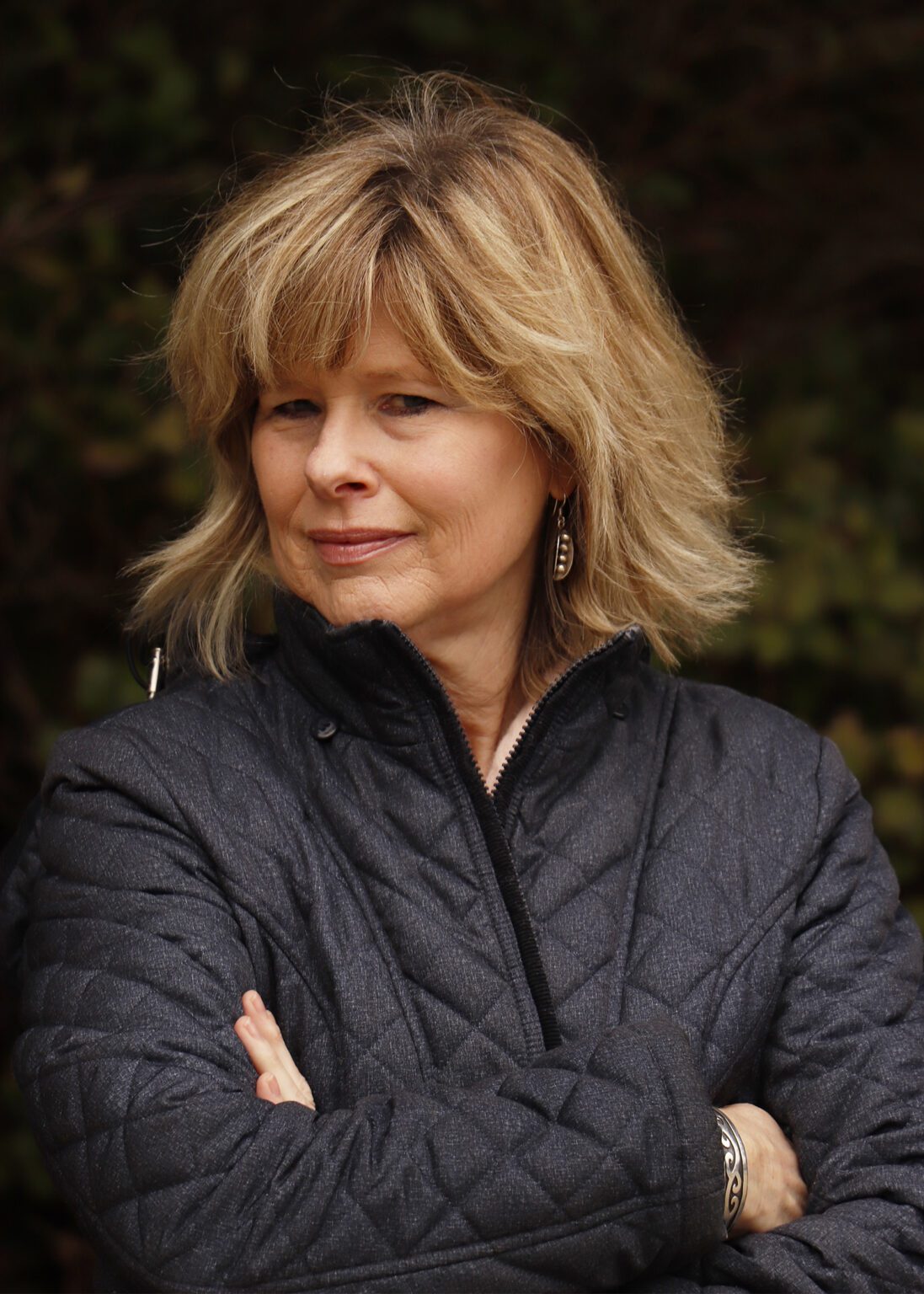Just about the loveliest thing in the world is a well-curated book collection, isn’t it? The book-lover’s being is spread open on the shelves like a set of wings, a sheaf of color and design as unique and irreplaceable as a soul. All the more beautiful if you’re a bookseller who has constructed a collection for public enjoyment, or a publisher who has managed to produce worthy, unusual books in the first place, often against all odds.
So we are lucky that in a world where so many traditional publishers seem to be producing herd after herd of lumbering, unlovely beasts, each title the apparent outcome of a muddle-headed commercial decision, and where prize committees are often following the crowds to lavish praise on thudding mediocrities, we can yet return to the old reliable sources of hope: independent booksellers and small publishers. There they are, right where they have always been, living small and keen at the dappled margins of the forest, strange creatures, lithe, lively, brilliant and underpaid.

Bellingham’s own Kathryn Trueblood comes to mind here; your friendly critic picked up her most recent, very admirable story collection, “Take Daily as Needed,” on a recent trip to Ravenna’s Third Place Books in Seattle (your critic was visiting his mother). It is Trueblood’s fourth book, all of which have appeared from small (or very small) presses. This one is out of University of New Mexico Press, small indeed, yet it offers more plausible life, and recognizable human experience, than nearly anything marketed as literature by the big New York publishers these days. Trueblood, who teaches English at Western Washington University, is especially good at depicting what happens to those who are burdened with sensibility but who struggle to make ends meet.
As culture gets meaner, as resources are stripped away from those in need, and as all but the lucky find themselves drifting frighteningly downward, how is anyone supposed to keep their dignity? With grit, humor, honesty and courage, and plenty of sex and swearing. Mothers and sons, and unreliable men, fill these vital stories. Tip your cap her way if you see Trueblood on campus, or off.
One shelf over, your critic discovered another excellent collection: “What We Do with the Wreckage,” by Seattle’s Kirsten Sundberg Lunstrum. Like Trueblood, Lunstrum has published with independent houses, though “Wreckage” received the Flannery O’Connor Award for Short Fiction from the University of Georgia Press, no small potatoes.
While most collections have one or two very good stories, Lunstrum’s book has several top-notch entries, including the gripping “Endlings,” the expertly shaped “Matter,” and the masterful “Tides.” She often arranges her stories around acts of rescue or preservation: anorexic girls fighting for their lives (or against them); a boy adopted from a Russian orphanage; a marriage gently failing.

Dire circumstances abound, and the world here is scary, uncertain and deeply contingent, but there’s goodness everywhere, too. Lunstrum’s stories are without exception well-made, and she wears her influences (among them Chekhov, in a direct retelling of “Lady with a Pet Dog”) with pride.

And at Seattle’s wee but mighty Phinney Books — I was dropping off some of my mother’s rugs to be cleaned, and there it was — I discovered Michael Shou-Yung Shum’s “Queen of Spades,” from Portland’s independent Forest Avenue Press. It is Shum’s first novel, and it is really quite a revelation: a retelling of the 1834 Alexander Pushkin story of the same name, but set in Snoqualmie, in 1984, at a fanciful casino populated by the strange, the solitary and the dying, and featuring not only casino employees but also a political consultant working on the Washington gubernatorial race, a mysterious countess who plays only faro, a soothsaying therapist and her ominous, oracular son and, ultimately, a rare planetary alignment that brings about, at last, a moment of brief, impossible glory.
Who is this cat Shum? It’s his only book, as far as I can tell. He once worked dealing poker at a casino in Lake Stevens. The book sings with literary allusions, not just to Pushkin but to Tolstoy and beyond, and does what other novels dream to do: creates mystery from the material of the everyday. It is also, as it happens, a cracking read, full of twisty surprise.
The classics are alive and well, it seems, and in the trusty hands of local writers, small presses and independent bookstores. This is welcome news, and hopeful, too: Such folks have always served in the last line of defense against the dulling regime of corporate takeover.
After all, as others have said, it is the unexpected messiness of the classics that tends to surprise us — the grand, casual indifference on display in works of genius. Masterpieces are not slick, are not easily packaged and thus cannot be corrupted by a marketing apparatus; which is a large part of what makes them classics in the first place, and what makes them so compelling to the serious writer and the thoughtful reader. We feel driven to fill the weird, imperfect spaces left open in these great books, and to occupy their errant vacancies with our own unruly, impious imaginings. Which is also why a very good book so often feels like a personal matter: something that was meant for us all along, holding its secrets until we arrived to crack it open, like a geode, to discover the magic hidden inside.
Because what we need from books arrives in private, not in public. We do not, or should not, read for other people, or because of some public campaign. A book, like a bookshelf — or a small press, or an independent bookstore — is a reflection of the soul, and the soul, at least in the experience of your friendly critic, is often best nourished in privacy, in the shady hollows, on the empty path.
Michael Byers is on Twitter at @TheMichaelByers. He lives on Lummi Island.





